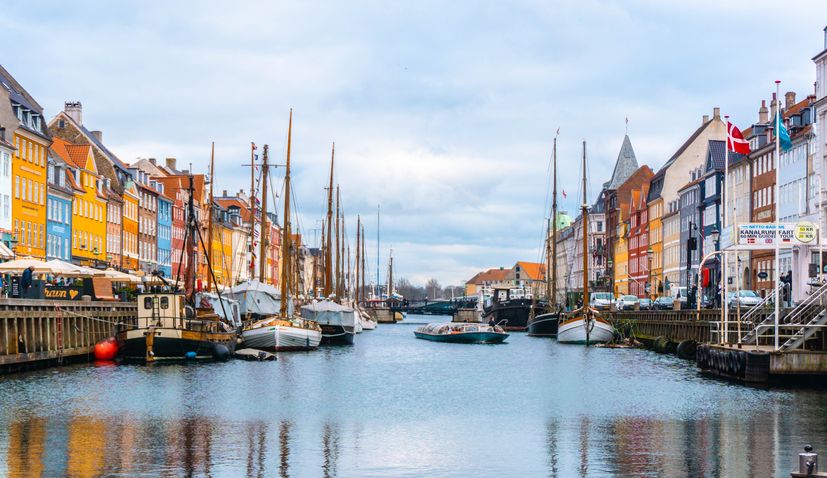Slovakia adds Croatia to high-risk countries list, Denmark issues orange travel advisory
- by croatiaweek
- in News

Denmark
ZAGREB, Aug 28 (Hina) – Denmark on Thursday issued an orange travel advisory for Croatia because of COVID-19, the Danish Foreign Affairs Ministry has said, warning against travel to Croatia unless necessary.
An orange travel advisory means that self-quarantine is strongly recommended when arriving from the country for which it has been issued.
This week, France and Croatia have been added to the list of countries to which any unnecessary travel is discouraged, due to a surge in the number of infections, the Ministry wrote on its website.
The Ministry told those already on holiday in Croatia that they could stay until the previously planned date, but that they should minimise the risk of infection and that they must get tested when they return home, although they do not have to self-isolate for two weeks.
If they decide to visit Croatia in the future, they are invited to quarantine for 14 days when they return to Denmark.
As of August 29 at midnight, Croatian citizens entering Denmark, as well as citizens of other countries with an orange travel advisory, such as Belgium, France, Romania or Spain, have to state the reason for their visit.
Slovakia puts Croatia on list of high-risk countries
Slovakian epidemiologists have published new rules for the fight against the spread of the coronavirus, to be in force as of September 1, adding several countries to the list of high-risk destinations, including Croatia, the local media reported on Friday.
After an increase in the number of new infections in the country, among which there is a large number of imported cases – mostly from the Czech Republic and Croatia – epidemiologists have decided to expand the list of high-risk countries to include Croatia, France, Spain, the Netherlands, Belgium, and Malta.
Arrivals from countries on the red list of high-risk destinations have to go into 10-day obligatory quarantine, and they can get tested for the virus five days upon arrival at the earliest. If the test is negative, quarantine is no longer obligatory.
Slovakians who do not manage to get tested before the expiry of the 10-day quarantine and who have returned from an EU country and do not have any symptoms may be exempt from this rule.
The authorities expect that such a situation could occur in the first week of September when many Slovakian tourists will return home.
“If tens of thousands of holidaymakers return all at the same time, our testing capacities will not be sufficient,” said Health Minister Marek Krajci.









